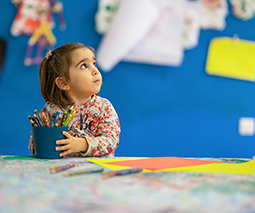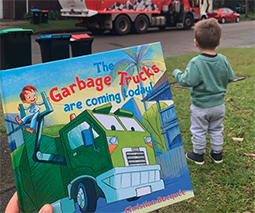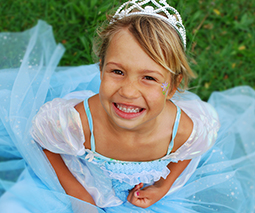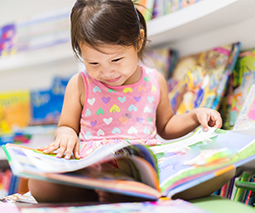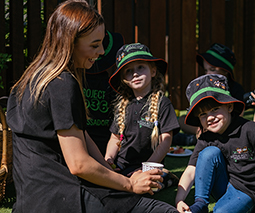How TWO years of preschool primes kids for success at school and beyond
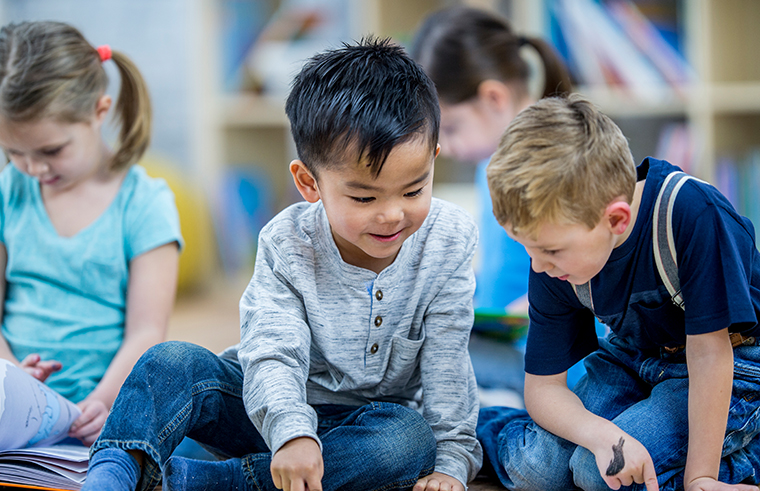
Preschool’s much, much more than a place to park the kids while parents are out at work. It’s actually one of the most important learning environments kids experience. One where educators nurture little ones and begin to prepare them for the life that lies ahead.
Take two!
New research shows that kids do well if they spend two years in preschool and then move onto primary school.
Kate Noble is an education policy fellow at Victoria University’s Mitchell Institute and she explains that quality preschool in those early years, provides a brilliant boost to kids’ development and school readiness. Their life readiness, even.
Listen to Kate Noble on Feed Play Love:
“Age three and four are hugely important in relation to the way a child develops,” Kate explains, “both in terms of their brain development and all of the social and emotional skills that they’re picking up.”
These are skills that kids “really need to start bedding down before they arrive at school,” Kate says. And these are the years when their brains are especially malleable and ready to learn and change.
Preschool programs are specifically designed to build these skills, helping children to learn through play, manage friendships and work cooperatively with educators.
“We know that two years of preschool benefits all children,” Kate says. “It makes the most difference to children from disadvantaged backgrounds.”
Kids who don’t have the same opportunities as their more privileged peers can miss out on some of the experiences that are necessary for healthy development. This cycle of disadvantage can continue throughout their school years and beyond, without the right support.
Education can break the cycle of disadvantage
That’s where these preschool years can especially make all the difference.
“It can really help to prevent developmental vulnerabilities from occurring once they hit school and once they hit school it can be really difficult to catch up,” Kate explained.
“We know that two years of high-quality preschool can mean that children are half as likely to repeat a grade once they get to school,” she continues.
“We also know that two years of high-quality preschool means that children are more likely – once they’ve finished secondary school – to go on to higher education pathways.”
“It’s a really important tool for reducing inequality and providing every child with a great opportunity to learn.”
Learning foundational skills
So is this about learning to read and write and get a head start on those primary school lessons? Kate says that’s not the case with preschool.
“A lot of the skills are not even pre-academic skills,” she explains. “[Rather] they’re almost the foundational skills for learning.”
“So developing memory skills and developing mental flexibility and developing self-regulation which is a really really important skill for all children to enable them to learn really well at school.”
Preschool educators focus on nurturing the whole child, Kate says, helping them to feel their best, understand themselves, their place in the world and what’s expected of them.
“Children’s health and wellbeing, their sense of identity, their sense of connection to the community that they belong to, their confidence, their social skills, their gross motor skills and their fine motor skills.”
“So the focus on pre-school is really around developing and supporting the whole child’s development … It’s much less on specifically focusing on numeracy and literacy because let’s face it children have plenty of time to focus on those later on when they reach other levels in the education system.”
It’s not hard to see why those two years at preschool make all the difference in the years that follow, is it?
